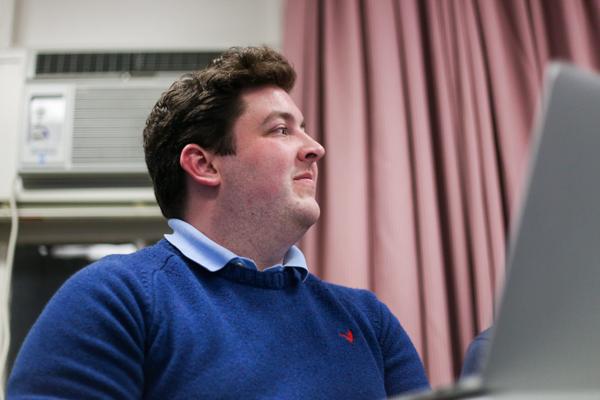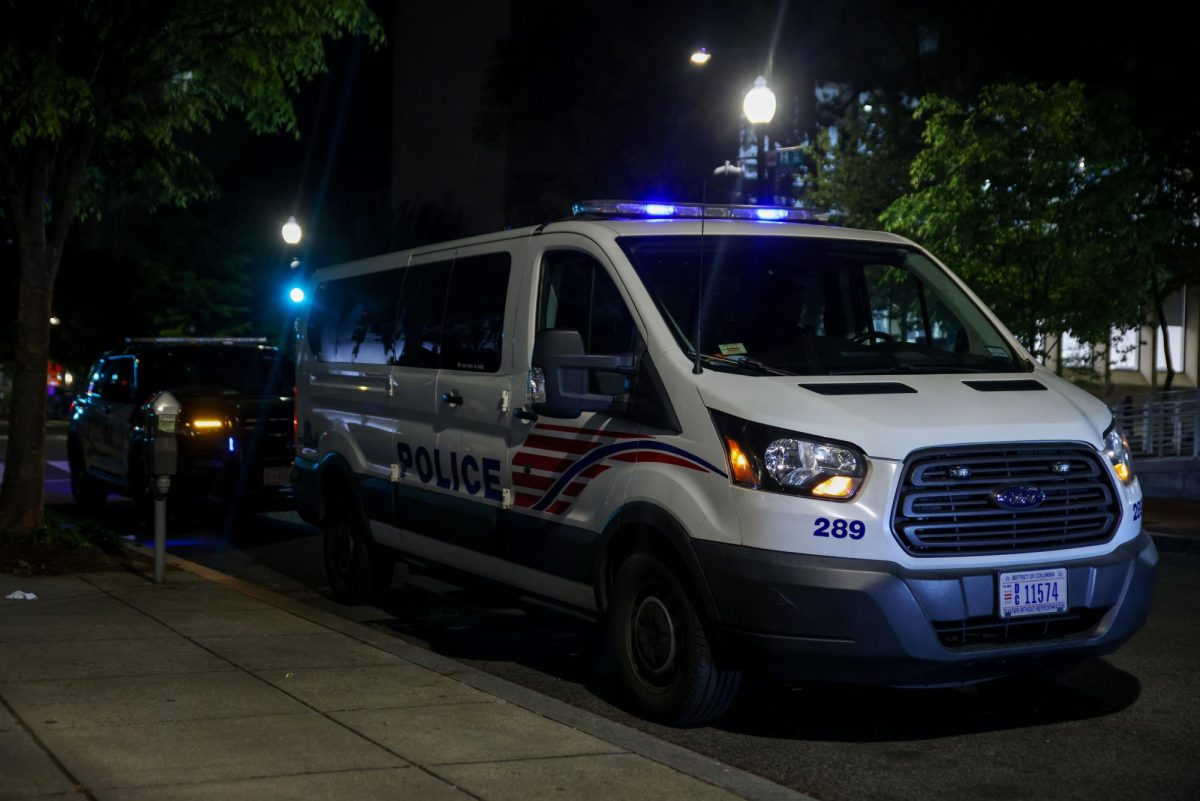The Student Association Senate is aiming to fill 12 positions this semester, but senators are struggling to find the best process to choose new members.
The process for filling the two undergraduate and 10 graduate vacancies was debated during Wednesday’s SA Senate meeting, during which senators failed to pass a resolution to rework the selection process. Senate leaders said they hope to fill the seats soon because empty positions limit the student voices they represent.
SA Executive Vice President Thomas Falcigno said most of the seats have only been open for a few weeks after members resigned. Other seats – mostly graduate positions – have been open since last May.
“Vacated seats definitely have an impact on the work of the senate,” Falcigno said. “If certain schools do not have representation, that means we as a Student Association are less effective in being able to address the issues of underrepresented schools.”
Applications for the current open seats closed Friday and interviews were conducted over the weekend. The 12 vacancies include one U-at-Large seat and a Columbian College of Arts and Sciences undergraduate position. The remaining graduate positions include one seat for the College of Professional Studies, School of Nursing, School of Business, School of Medicine and Health Sciences, Graduate School of Education and Human Development, two CCAS seats and two non-voting first year members, according to their website.
Falcigno said the current applications are not counted toward the recently vacated seat of former Sen. Thomas Budinger, U-at-Large, which will be filled during the next round of interviews later this semester.
The senate publicized the vacant spots in each school via social media and word of mouth, but it can be difficult to fill seats like that for the nursing school, which is based on the Virginia Science and Technology Campus, Falcigno said.
Last fall, resignations led to seven vacant seats – three undergraduate and four graduate positions. The SA leadership committee received about 40 applications for the undergraduate positions and about 15 for the graduate positions at the time.
This year, the group has received about 30 applications for the 12 open spots, Sen. Zachary Graybill, SEAS-G, said.
During the senate’s meeting last week, senators argued for more than two hours about changing the process for electing new members.
The proposed bill would have allowed senators to fill out secret ballots with the name of an applicant or indicating the seat should remain unfilled. If there had not been a majority consensus, the senate would have held a run-off vote between the two candidates with the most votes. If there was no simple majority, the vacant seat may been converted to an at-large seat. In the current process, a seat is filled as long as one person applies for it.
The failed bill would have also allowed the leadership committee, which meets and interviews the candidates, to inform the senate which candidates they deemed qualified during preliminary interviews. Senators pointed out that regardless of the committee opinion, any candidate can be written onto the ballot and win with a simple senate majority.
Sen. Michael Overton, ESIA-G, said he sponsored the bill to allow the senate to keep a seat vacant if the majority of the group felt no candidate was qualified. Then seats with fewer applicants would not get filled by unqualified students.
“The leadership committee should have a right to say no if a candidate does not represent constituency. They are the ones that spend their weekends meeting and interviewing all of these people,” Overton said.
Sen. Logan Malik, U-at-Large, agreed with Overton and said if the leadership committee gives explicit reasons against a candidate, then the senate should have to consider their judgement.
“I think people are making this bigger than it should be,” Malik said. “This is just in very rare case scenarios when candidates are really unqualified.”








